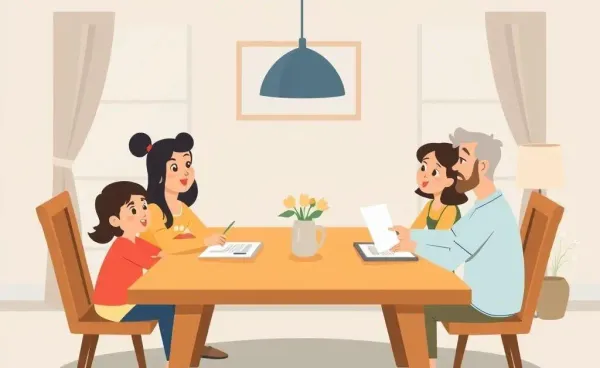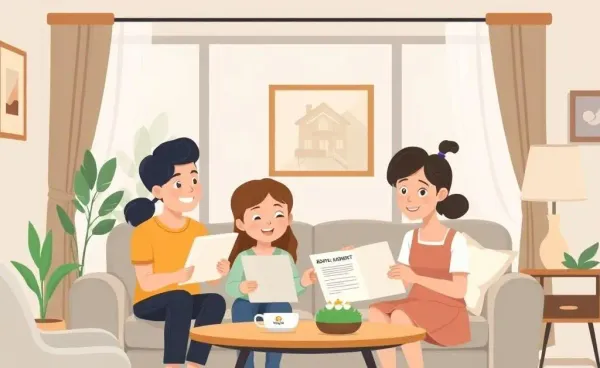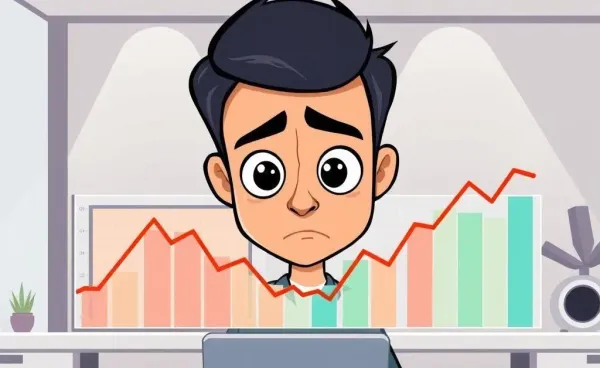Is Chapter 7 Bankruptcy the Right Path for You?
Explore when Chapter 7 bankruptcy may be the best option for debt relief.
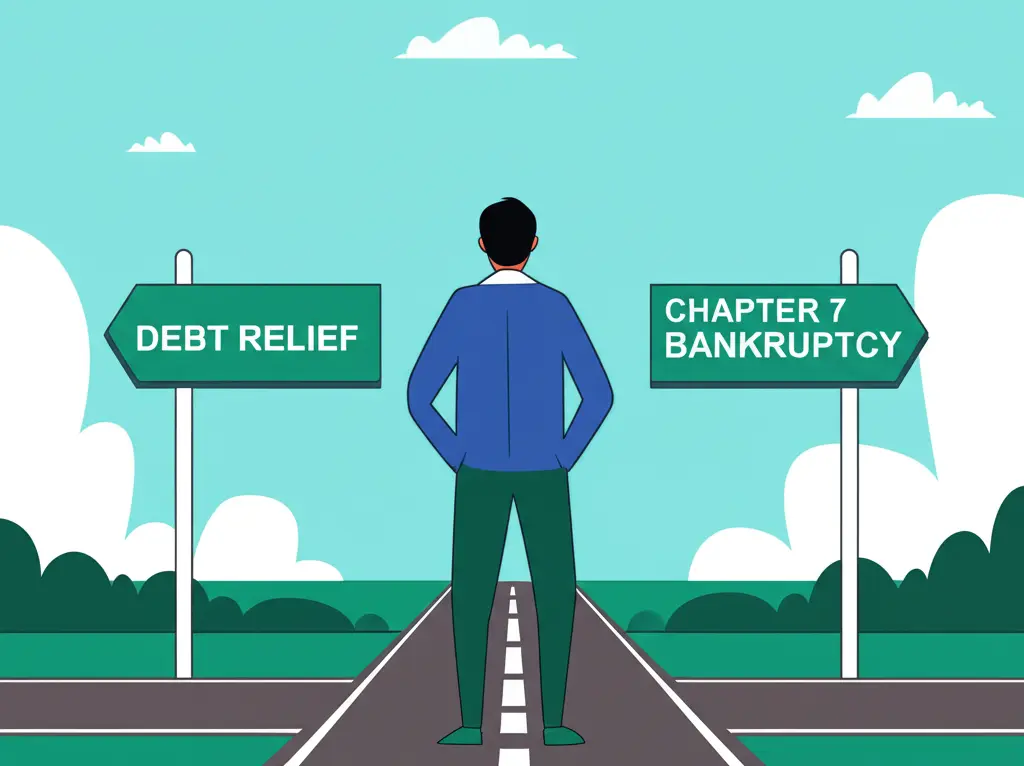
Hey there! Navigating debt can feel like being lost in an endless maze. If you’re here, you’re probably wondering if filing for Chapter 7 bankruptcy is the right path to take. Well, you’re not alone—and this isn’t a decision anyone takes lightly. Let’s dive into what Chapter 7 bankruptcy entails and when it might be the best option for you.
What is Chapter 7 Bankruptcy?
Chapter 7 bankruptcy is often referred to as “liquidation bankruptcy” because it involves selling your non-exempt assets to pay off as much of your debt as possible. The primary goal is to discharge unsecured debts, like credit card balances and medical bills, offering a fresh start financially.
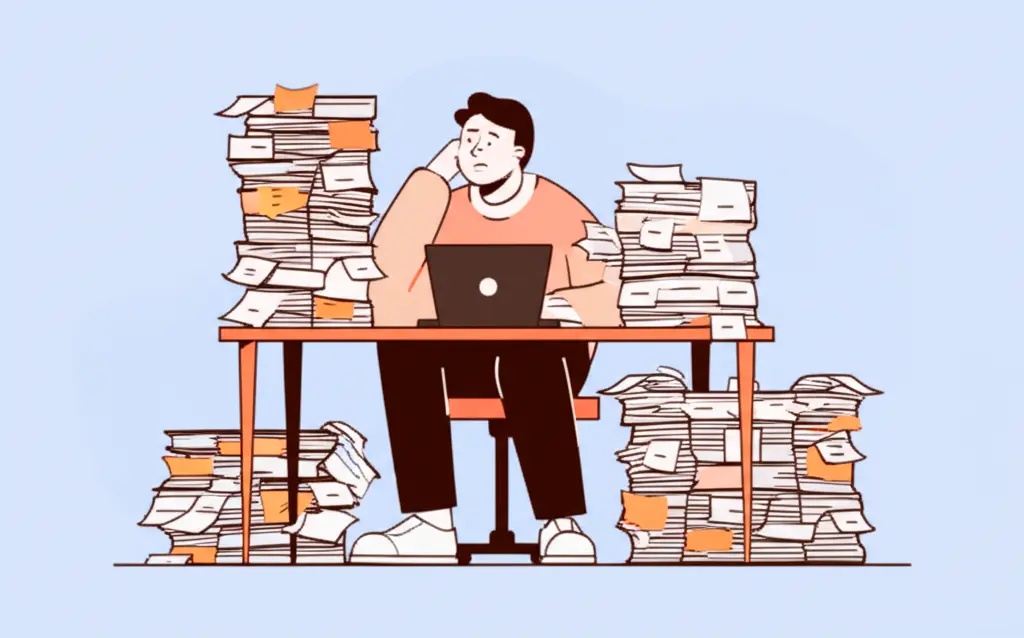
How Does It Work?
Once you file, a court-appointed trustee takes control of your assets. They’ll evaluate what can be sold to pay creditors. The good news? Many personal belongings are typically considered exempt, which means you can keep them. Within a few months, most of your debts are discharged, and you can start rebuilding your financial life.
When is Chapter 7 the Best Option?
Choosing Chapter 7 isn’t something you’d do on a whim. Here are a few conditions where it might make sense:
- Crushing Unsecured Debt: If you find yourself buried under credit card debts or medical bills with no feasible way to pay them off, Chapter 7 could provide relief.
- Low Income and Asset Levels: You need to pass a “means test,” proving that your income doesn’t exceed certain state limits.
- Protecting Essential Assets: Many states allow you to keep essential items like your car, clothing, and household furnishings.
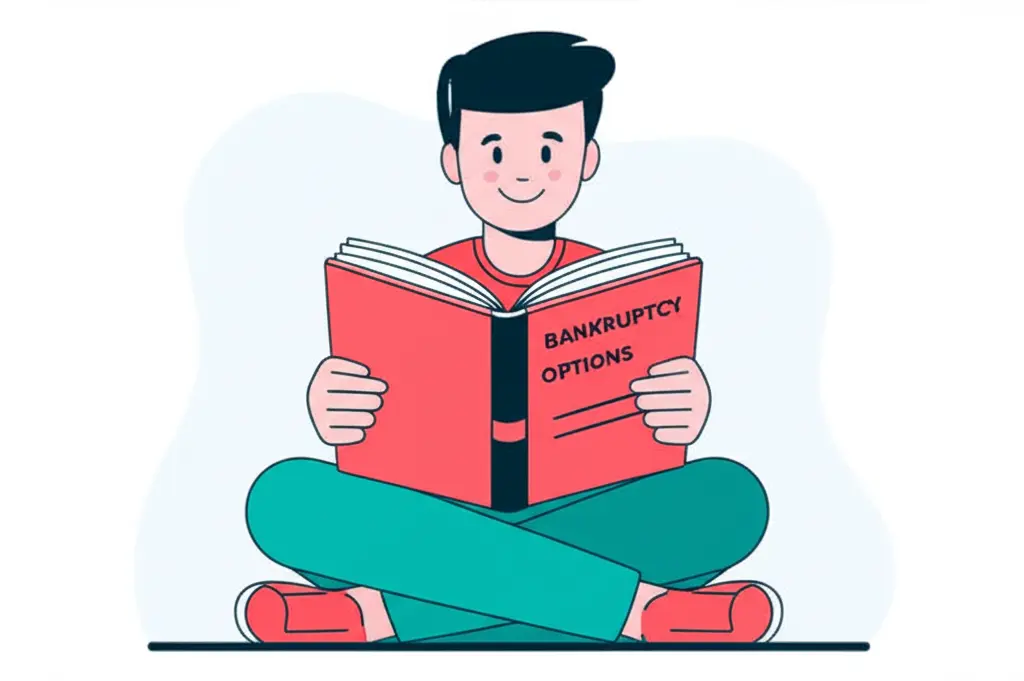
Pros and Cons of Filing for Chapter 7
| Pros | Cons |
|---|---|
| Quick process—often finalized in a few months | Affects your credit score significantly |
| Discharges most unsecured debts | Not all debts are dischargeable, like student loans |
| Opportunity for a financial fresh start | You might lose non-exempt property |
What's the Bottom Line?
If you find yourself wondering if Chapter 7 bankruptcy is the way forward, weigh your options carefully. Of course, the best advice often comes from a financial counselor or bankruptcy attorney who can provide personalized guidance.
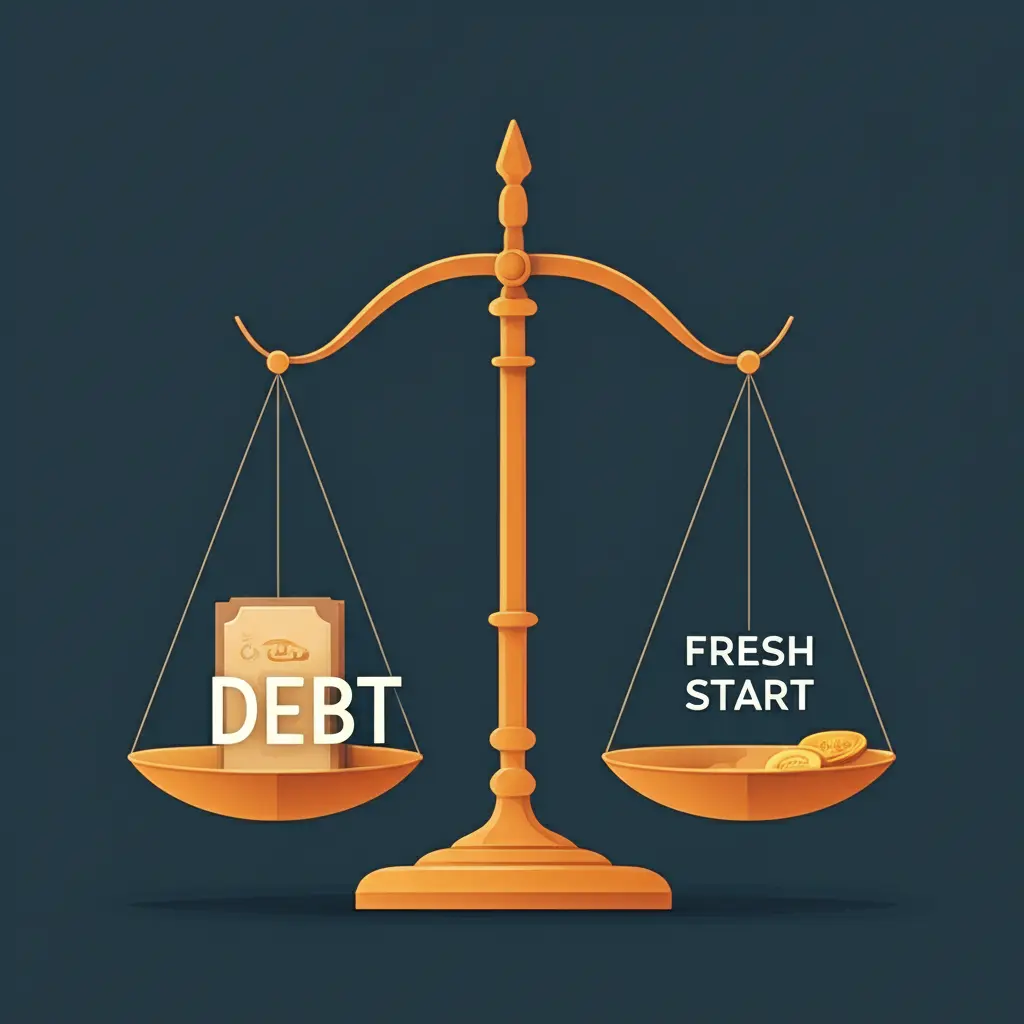
Ultimately, Chapter 7 isn’t the end of the road; it can be a new beginning on your journey towards financial freedom. Do you have more questions about this process, or have you explored other debt-relief options? I’d love to hear what you think!

